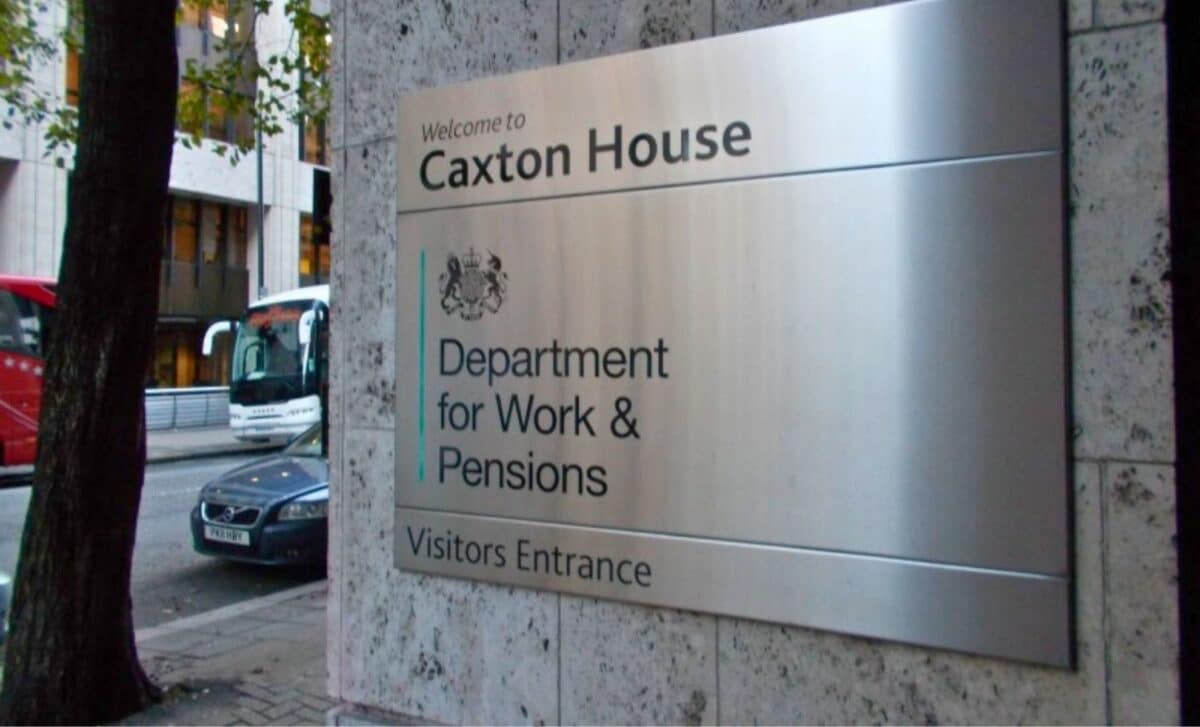The Department for Work and Pensions (DWP) is considering a complete reform of the Personal Independence Payment (PIP). It says it is investigating measures such as “stopping regular cash payments” of up to £737 per month and instead giving other forms of help to disabled persons.
DWP Explores Reforms for Disability Benefits: Evaluating Alternatives to PIP
PIP is the primary disability benefit for working age people, while some are still receiving its predecessor, Disability Living Allowance. The programme is seeing unprecedented demand, with 70,000 new applications being submitted each month. The DWP expresses concern about the present system’s “sustainability” and is looking into “improved models of assessment, treatment, and support.”
In a Green Paper on the proposed reforms, the DWP states that it has investigated alternatives to PIP in other countries to see how these programmes work and whether they would provide a better means of assisting people with disabilities. The memo states: “We want to consider whether supporting people through direct, regular cash payments is still the best approach, or whether other approaches would better target our resources, delivering the right support to the people who need it most. We want to know whether there are potentially groups of people who might need more than the current system provides, and what kinds of support they need.”
It continues, saying: “Different models are used in other countries. For instance, in New Zealand, people submit supporting medical evidence verifying their health condition and also provide estimates of their additional costs (e.g., £50 per month for physiotherapy), which are then approved for an ongoing award. In Denmark, awards for extra costs are determined on a case-by-case basis and issued by local government.
“In the United Kingdom, we have had a predominantly cash transfer system for extra costs since the introduction of Attendance Allowance and Mobility Allowance in the 1970s. Given there are other models of support used internationally, and the changes in disability benefit caseloads over time, we think it is right to ask about other models of support and the impact of these approaches, including stopping regular cash payments, if they were to be adopted here.”
What Are the Overseas PIP Equivalents, and How Do They Operate?
France
Payment: Five sections with varying rates based on actual expenses.
Assessment: Usually done in person.
The French disability support system, FR-PCH, offers financial assistance for additional costs associated with disability-induced loss of independence.
Eligibility is determined by exhibiting difficulty in specified domains. The system, which is not means-tested but takes into account income, consists of five components, including human aid and transportation assistance.
Applicants apply online and must have a recent medical certificate. Assessments are in-person examinations conducted by multidisciplinary teams utilising a grading guide.
Applicants must also provide a “life plan” explaining their objectives and existing restrictions owing to their condition.
Norway
Payment: Monthly amount with six rates based on actual costs
Assessment: Yes, on paper
In Norway, disability support comes in the form of Basic Benefit (NO-BB), a monthly cash payment with six set rates to cover extra expenses due to illness, injury, or disabilities.
Assessment is done on paper, requiring a letter from the applicant’s GP outlining the condition and associated costs, along with possible receipts.
These expenses must be related to a medical condition and remain for 2–3 years. Eligible expenses include assistive technology, transport, special diet foods, clothing, bedding, and shoes. A doctor contracted to the Norwegian equivalent of DWP makes the final decision on entitlement based on the provided evidence.
USA
Payments: Monthly amount which is means-tested.
Assessment: Yes, may involve a medical examination.
There are two government administered disability benefits in the United States. The one that is most closely related to PIP is Supplemental Security Income (SSI). This is a monthly payment that can be made to adults who are disabled or blind and have little or no income or resources.
It takes into account both the person’s ability to work and their wages. It is payable to employees, but their earnings are taken into consideration.
Disability is assessed based on:
- The individual’s current employment activity (if applicable).
- The severity of their impairment(s).
- Whether their impairment(s) fulfils or medically equals an entry on the list (see below).
- The individual’s capacity to do their previous related task, and
- Their capacity to perform additional tasks depending on age, education, and work experience.









